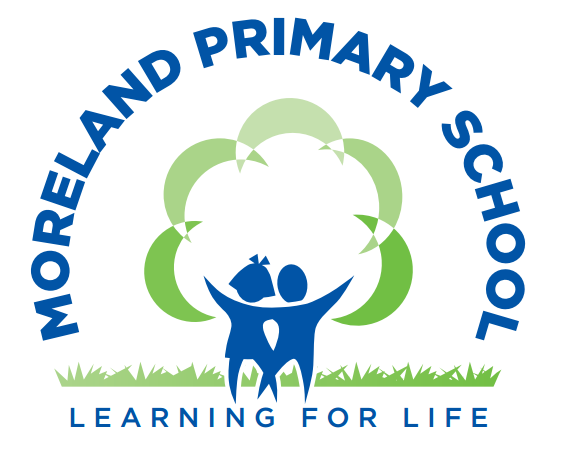Phonics
We place a strong emphasis on phonics teaching from Reception to Year 2 because we believe this lays the foundations for successful reading. Teachers follow the Little Wandle Phonics scheme to deliver the learning. Phonics is taught every morning in these classes. Children are regularly assessed for progress to ensure all children are continuously taught to their individual needs. Children in KS2 who did not pass their phonics screening at the end of KS1 are given additional phonics support.
All children from Reception to Year 2 take home a reading decodable book appropriate to their needs to practise their reading at home with parents and family. This also applies to children in Years 3 – 6 who need additional reading support. In Nursery children develop pre phonics skills (phase 1) through stories, songs, rhymes, games and activities that build skills such as sound discrimination, rhythm, rhyme, alliteration and oral blending and segmenting.
DAILY SUPPORTED READING
In Reception, Year 1 and Year 2 (where still required) we use the Little Wandle Reading Programme alongside phonics for teaching reading. Children read in ability groups 3-4 times a week with an adult using phonetically decodable reading books from the Little Wandle phonics scheme matched to their developing phonic knowledge. This instils good reading routines and practise from a young age and helps all children increase their enjoyment and maximize their progress in reading.
Daily Supported Reading with Little Wandle Phonics
Parent Resources for Little Wandle Phonics
Follow the link to the Little Wandle website to find information and support for helping your child with phonics.
